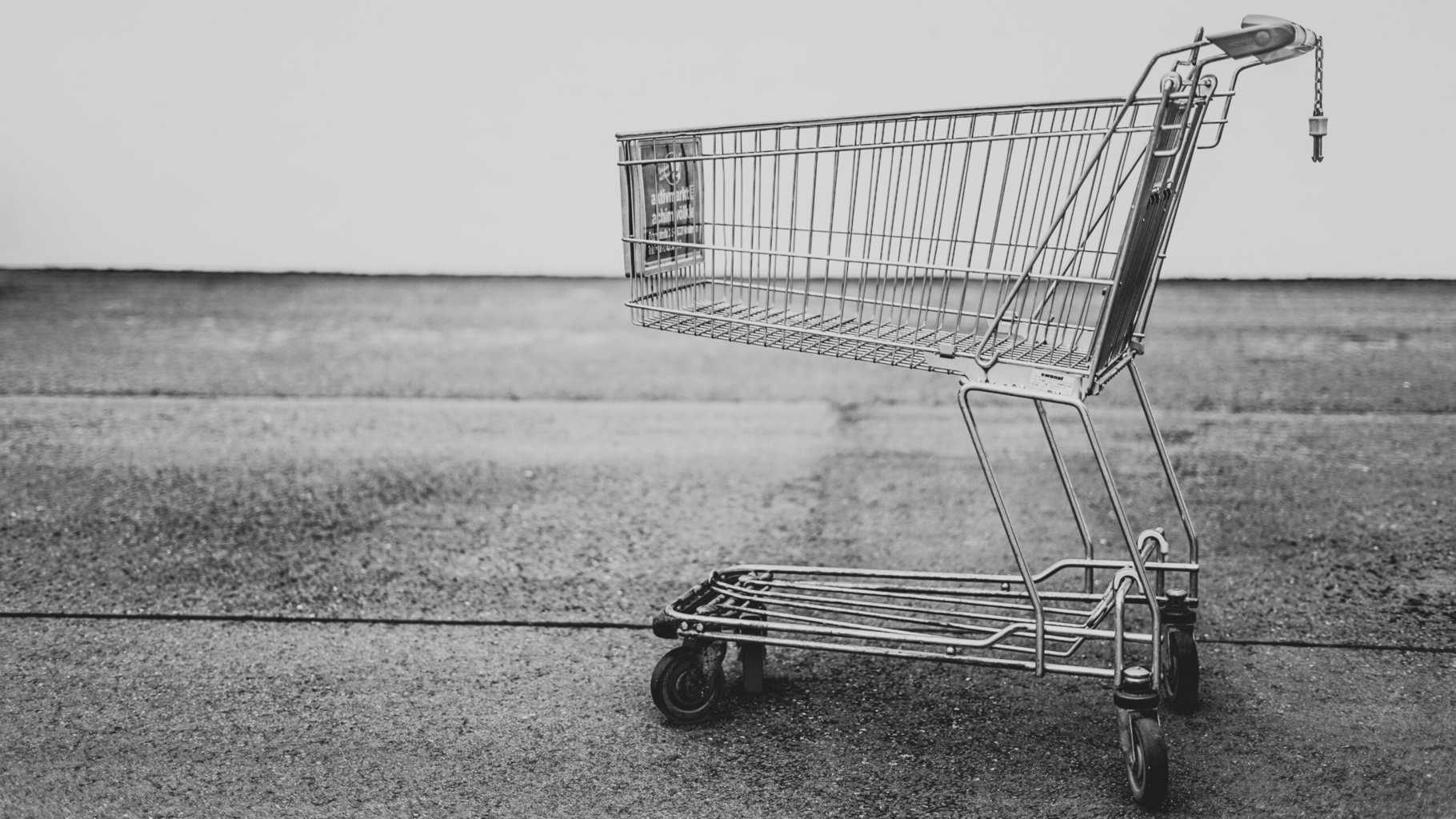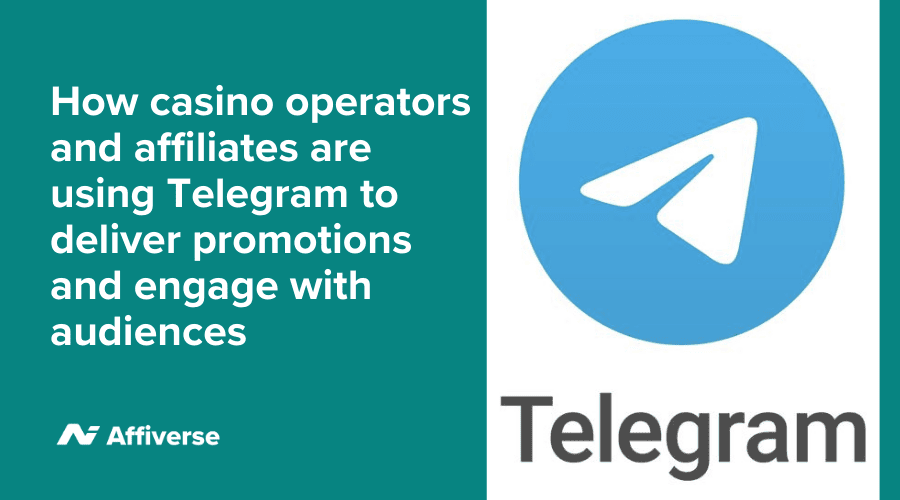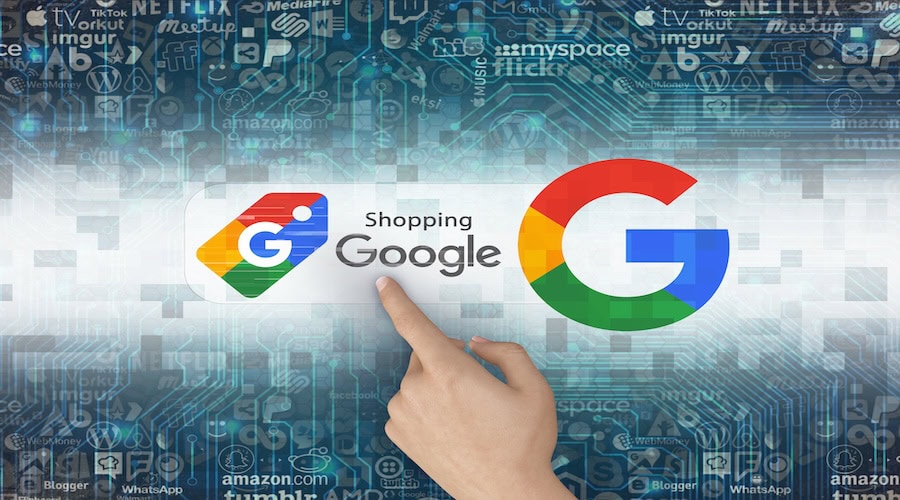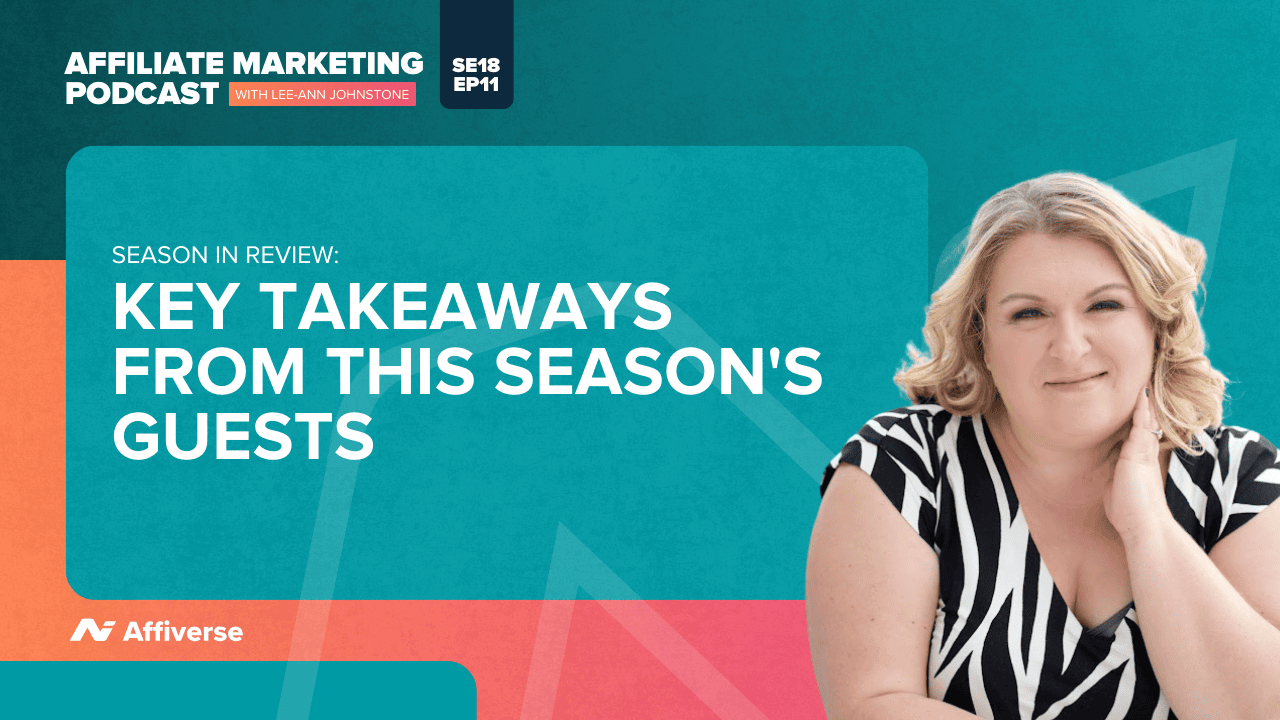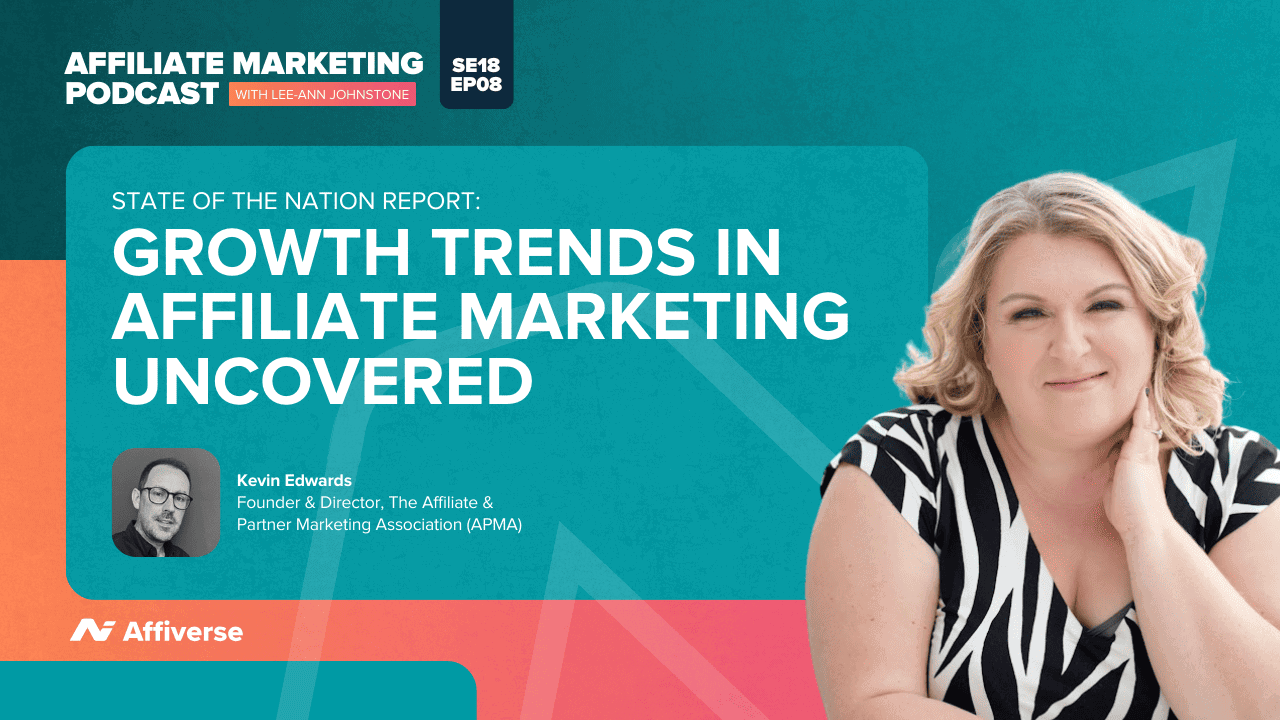A combination of global events and questionable financial plans has resulted in many of us trying to see how far we can stretch a metal coin as inflation increased again this year the UK’s annual to 6.7% which is higher than in most comparable economies such as France (5.7%), Italy (5.6%), Germany (4.3%).
The affiliate marketing industry is no stranger to addressing this. In the marketing world, when customers are affected, the industry is impacted too and that’s when we need to be thinking about strategy to align to market forces and adapt our campaigns , lead generation and partnership KPI’s too.
How should we readjust strategies to adapt to these changes, here are some simple steps to consider:
Shifting customer habits
The most obvious change the marketing industry as a whole is likely to see is a change in customer buying behaviour. However, this might not manifest in the way that you are first expecting. People still have to spend their money on items that they need or want, but perhaps they are shifting loyalty over to discount retailers short term because of these economic changes. Programs that don’t have a proper segmentation mix could miss out if they are not using top of funnel partners to drive brand awareness and lower funnel partner types to close point of sale simultaneously.
Whilst buyers might not cease buying non-essential items when times get tough – they might also think a bit harder before buying non essential items too and start looking closer at brands that offer better value for money in terms of service, product quality and other aspects of the commodity that seem important to them. This is where brands need to get clever about messaging and hyper personalisation to convert. For example: eCommerce marketers selling handbags, might want to play up the longevity of the material, rather than the design or price of the handbag label. This is a particularly useful thing to remember on the run-up to Christmas where gift-giving can be about what you want rather than what you need.
Increased cost of doing business
Businesses in every sector are seeing that the costs of running a business is going up. Even on the most basic of things: rent, heating, Wi-Fi, etc. Affiliate marketers in particular will see inflation driving up the price of web hosting, software, advertising, etc. According to Labor Department data, prices for all types of web hosting services in the US increased by around 13% from June 2021 to June 2022 and we’re likely to see the same this year again. What that means is the cost of acquiring traffic may increase for affiliates to send to you – and that drives up commercial pricing. You might have to re-align your KPI and get granular on performance out comes to keep seeing value metrics.
Adding incremental incentive structures can also help with pricing adjustments and being aware of competitors now is important too.
Pressure on affiliate commissions
However, as more brands deal with lower profit margins, it might be instinctive to lower affiliate commissions. Affiliate partners are not likely to like this and might push back since it would be harder for them to maintain their income levels. Try thinking of ways that you can work collaboratively such as offering pre-payment, or faster payment to enable better liquidity for affiliates to keep investing in traffic acquisition for confirmed placements for your promotions. Now is the time to really talk to partners and understand what matters to them. Then find solutions and ways to make change possible together.
Shifting to value for money
As mentioned, customers are likely to be looking for more value in their buying habits, and that isn’t just limited to buying a quality product. Affiliate managers can adjust their campaign creative and messaging to better promote value with promotions, discounts, coupons, sales, cash back offers, and more.
Additionally, you might see falling numbers on big-ticket purchases: cars, TVs, home renovations, and travelling abroad will all dip so how can you help affiliates add value to the messaging, proposition and service levels that perhaps your company can’t readily provide and leverage that for your own gain?
Opportunities in some sectors
It’s not all bad. Some sectors will see increased interest during harder times. For example, we mentioned travelling being affected, but travel deals will likely go up and people will look at longer tenures for pre-booking. There might also be a rise in budget products and second-hand goods or types of travel holidays that might become popular – for example local holidays and experiences such as van life camping and canal boat tours versus traditional travel holidays abroad.
Additionally, in tougher times you’ll find customers would rather take up DIY, which is an angle a lot of products can fill. This can apply to housework, sure, but also beauty services, hospitality, vehicle repairs, travel, etc. Staycations really caught on once lockdowns lifted but the airports were still closed, and teens have been dying hair themselves for decades because a box dye is £5-10 but a salon visit will set you back much more. You can consider getting your affiliates to help present your items or services as a means to recreate a luxury experience at home.
Conclusion
The aim of the game is to work smarter, rather than harder – since no one can afford a “better” product right now you simply have to focus on finding new key areas of value. Customers are becoming more critical of what they buy, therefore marketers should appeal to new needs and keep themselves close to their partners .


